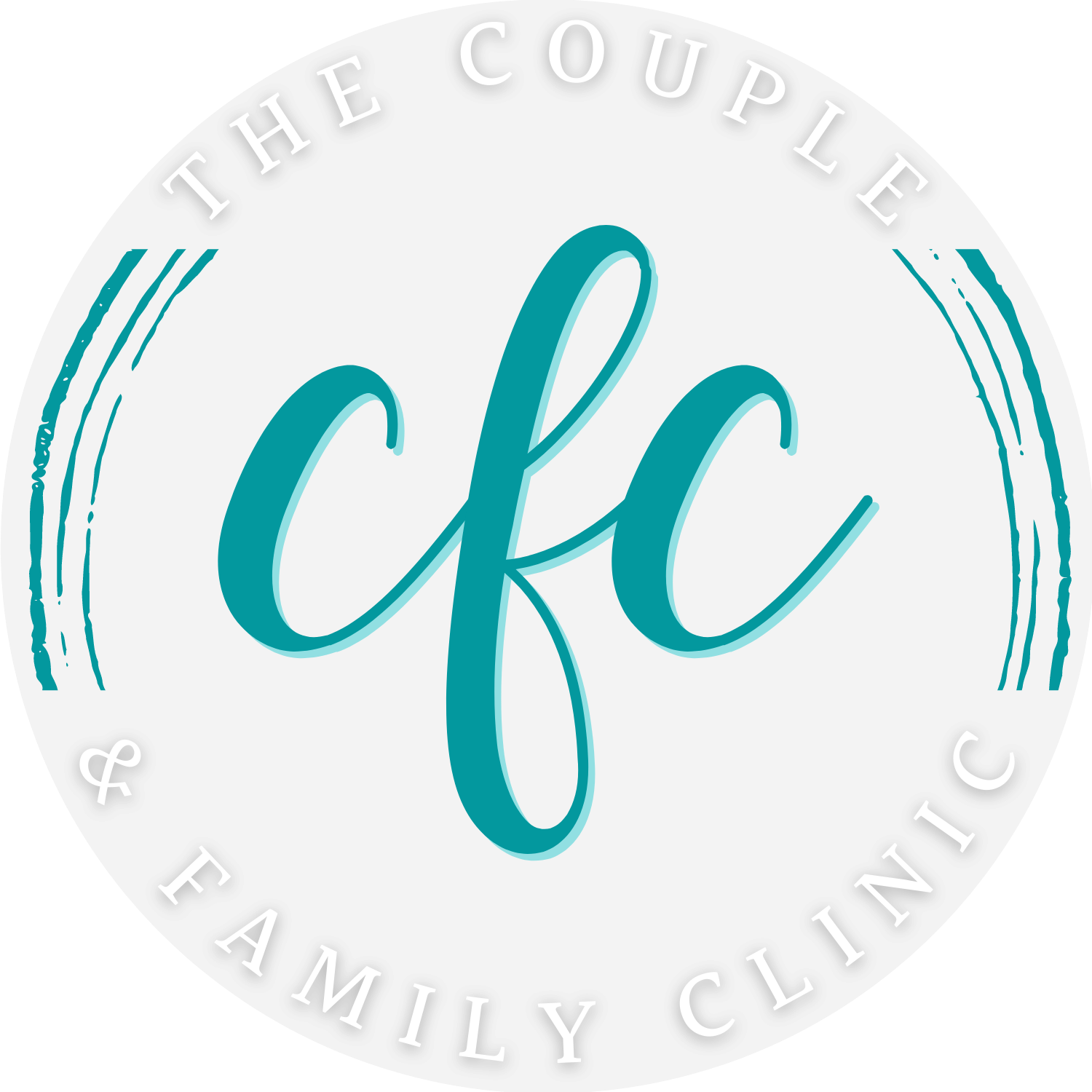The F Word and Other Difficult Steps in Recovering from Betrayal Trauma
“Forgiveness does not change the past, but it does enlarge the future.”
— Paul Boose
When it comes to the “F Word,” most of us have heard the same phrases repeated over and over:
1. If you have forgiven, you have forgotten.
2. If you don’t forgive, you can’t be forgiven.
3. You are a broken person if you don’t forgive.
4. If you love, you will forgive.
5. Forgiving means you trust again.
6. Forgiving means you never bring it up again.
7. Forgiving means things go back to the way they were.
8. Forgiving isn’t necessary when you’ve been deeply hurt.
9. Forgiveness only happens when you are willing to let go of the hurt.
10. Forgiveness is simply deciding not to hold a grudge.
I could go on. Yes—the “F Word” I’m talking about is Forgiveness.
Forgiveness and Betrayal Trauma
One of the most common questions I hear—sometimes in the first session, near the last—is: What role does forgiveness play in healing from betrayal trauma?
Most betrayed partners long to be free from the heavy weight of anger, sadness, and intrusive thoughts. They want their lives, minds, and bodies to move forward. But the process of forgiveness is rarely quick or simple.
The REACH Model of Forgiveness
Everett Worthington’s REACH model outlines five steps:
1. Recall the hurt.
2. Empathize with the offender.
3. Give the Altruistic gift of forgiveness.
4. Commit to forgive.
5. Hold on to that commitment, even during doubt.
One of the strengths of this model is the acknowledgment that emotions don’t always follow immediately after the decision to forgive. You might choose to forgive and still wake up feeling hurt the next day. The commitment to forgive is a process, allowing your emotions to gradually align with your decision.
This helps avoid what I call “cheap forgiveness”—rushing into forgiveness just to escape pain, live in denial, or out of a sense of spiritual guilt.
Timing Matters
You cannot truly begin the work of forgiveness until you fully understand the hurt and the damage caused. This means examining the betrayal’s impact through a formal disclosure process or by telling your narrative of how it has affected every area of your life.
This is not a quick task. As you reflect, you may uncover both primary and secondary losses, shifts in your values, and changes in how you view relationships. There is no time clock—you move at your own pace, at the capacity your emotions can handle.
The Challenge of Empathy
Empathizing with the person who betrayed you can take years, even a lifetime. Over time, many come to see that the betrayal was not truly about them, but about the brokenness, poor choices, and unhealed wounds of the other person.
Hearing about their life—if possible—can be helpful, but it is not always necessary. Understanding that we all have stories we wish were different can be part of the humanizing process, if and when you are ready.
Forgiveness and Your Body
Forgiveness is also a gift to your body. As stewards of our health, we must understand how holding on to grudges, bitterness, and resentment can harm us.
Research from Dr. Karen Swartz at Johns Hopkins shows that chronic anger activates the body’s fight-or-flight mode, raising heart rate and blood pressure, lowering immune function, and increasing risks for depression, heart disease, and diabetes. Forgiveness, on the other hand, calms the stress response and supports overall health.
In other words, forgiving can be an act of self-care and physical healing.
Commitment and Repeated Hurt
Making a commitment to forgive—and holding onto it—is especially challenging when betrayal happens repeatedly. In these cases, I encourage slowing down the process and doing an emotional inventory of the additional harm.
Rebuilding trust may feel impossible, and you may question both the character of the betrayer and your own identity for staying in the relationship. Whether you choose to leave or stay, forgiveness remains about you, not the person who hurt you.
The Freedom in Forgiveness
That’s why “The F Word” is so difficult—it transforms you. It releases you from one of the most devastating chapters of your life and opens the door to peace, freedom, and your best self.
You deserve to be free. You deserve to be healthy. You deserve peace.
https://youtu.be/h43w2ifIxjw?si=cKBMQYfW_edEl__E






